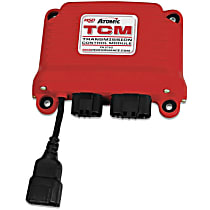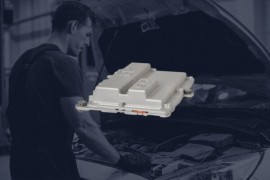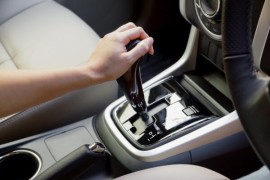{
"lazyNodes": false,
"abFitnotesFlag": false,
"abCrawlReviews": false,
"productOptionsCookie": false,
"orderDelayFlag": false,
"skipSessionCookie": false,
"covidMessage": false,
"fullTitleCookie": false,
"nrLoggerCookie": false,
"checkoutReviewCookie": false,
"productOptionSeqCookie": false,
"maintenanceFlag": false,
"bufferETACookie": false,
"multiShippingDiscountFlag": false,
"newFitmentFlag": false,
"surveyOptInFlag": false,
"crossSellFlag": false,
"skuMappingFlag": false,
"paySplitCookie": false,
"callDisableFlag": false,
"zipPaymentFlag": "u",
"hassleFreeReturn": false,
"lifetimeReplacement": false,
"cpn_off": false
}Need Help? Call Us1-866-529-0412
1998 Chevrolet Express 1500
1998 Chevrolet Express 1500 Transmission Control Modules
Refine by:
Shop Catalog
Showing 1 - 1 of 1 results
Sort by:
Part Number: M462760
Guaranteed to Fit
$829.95
Vehicle Fitment
- 1998 Chevrolet Express 1500 LS All Engines 4-Speed, Automatic Transmission, transmissionmfrcode: 4L60-E, transmissionmfrname: General Motors, Transmission Harness Sold Separately
- 1998 Chevrolet Express 1500 Base All Engines 4-Speed, Automatic Transmission, transmissionmfrcode: 4L60-E, transmissionmfrname: General Motors, Transmission Harness Sold Separately
Product Details
Warranty : 90 Day Limited WarrantyQuantity Sold : Sold individuallyProp 65 Warning :
![]() WARNING: This product can expose you to chemical which is known to the State of California to cause cancer and birth defects or other reproductive harm. For more information go to www.P65Warnings.ca.gov.
WARNING: This product can expose you to chemical which is known to the State of California to cause cancer and birth defects or other reproductive harm. For more information go to www.P65Warnings.ca.gov.
Page 1 of 1 | Showing 1 - 1 of 1 results
Popular Products

MSDAtomic TCM Series Transmission Control Module - Sold individuallyManufacturer #2760
( Reviews) Questions, Answers
MSD ATOMIC TCM SERIES TRANSMISSION CONTROL MODULE
The MSD Atomic TCM Series transmission control module is designed utilizing the latest technology in the market. It is constructed using the most premium and top-grade quality material to serve you for the years to...
Product Questions & Answers
Q:Where is that tcm located on a 99 Chevy blazer LT ?
William T.
A:BEST ANSWERHi,
We recommend referring to a trusted vehicle specific repair manual for details about the location of this part on your vehicle. Still, it is best to consult your trusted local auto repair shop or dealership for this if you need to.
You can find more information here as well: https://www.carparts.com/blog/why-you-should-always-consult-a-repair-manual/ Show less
Jeonino E.
3 Questions, 1 AnswerView all Q&As >
Related Parts


Helpful Automotive Resources
What Does Resetting the Transmission Module Do? How and When to ResetBad connections could affect the module and cause transmission issues. Reverting the TCM to its factory settings could eliminate the problems they caused.
P0729 Code: Gear 6 Incorrect RatioNewer vehicles often have more than four gear ratios for better fuel economy. The control modules also determine when to shift up or down between gears depending on various data, such as throttle position and vehicle speed.
Why Do EVs Have Fake Engine Noise?EVs and internal combustion engine vehicles generally use powertrain data to make the sound emulate the increasing pitch of engine revs and the drops in tone during a gear shift.
Is Your Car Stuck In Neutral? Here’s WhyThe transmission fluid is also responsible for performing these duties:
Transferring power in the torque converterProviding hydraulic pressure in clutches and servosLubricating bearings, bushings, and gearsTransferring heat to cool transmission partsProviding the correct friction for clutch and band operation
P0700: Transmission Control System (MIL Request)The TCM monitors the sensors and actuators in the transmission system and sends the data to the PCM. This module monitors the throttle speed sensor, motor speed sensor, and output shaft speed sensor. Once the module detects something wrong with the transmission controls, it’ll trigger the P0700 code.
P0763 Code: Shift Solenoid C ElectricalTo change gears, the automatic transmission uses bands and clutches, which are activated by having fluid pressure in the right place at the right time. Transmission solenoids are in charge of opening and closing valves in the valve body to allow transmission fluid to flow to the clutches and bands.







